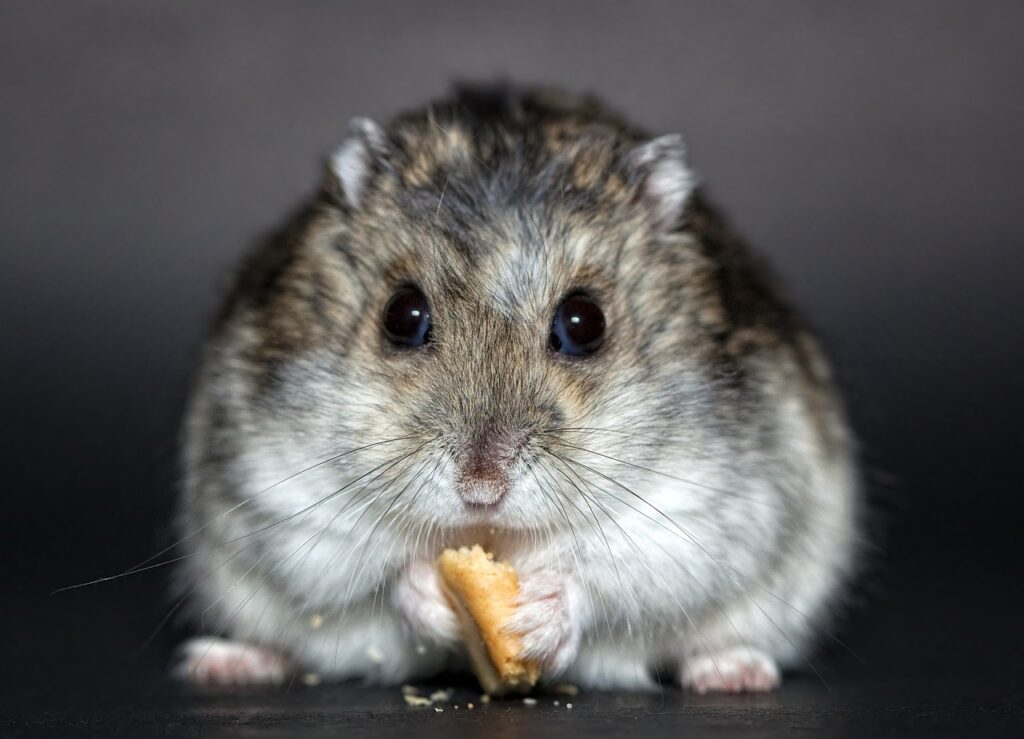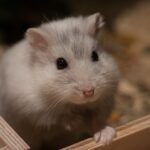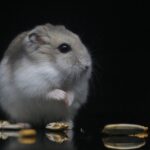Can Hamsters Eat Pistachios?
Introduction:
For hamster owners, it’s essential to know what their furry friends can and cannot eat. While hamsters are omnivores, consuming a variety of foods, not everything is safe for their delicate digestive systems. With that said, let’s dive into the topic of whether hamsters can eat pistachios.
Potential Dangers of Pistachios for Hamsters
Pistachios may seem tempting for your hamster, but they can actually be harmful to their health. Hamsters have small stomachs and digestive systems that do not handle high-fat foods well. Pistachios are rich in fat content, which can lead to weight gain, obesity, and even pancreatitis in hamsters.
Symptoms or Reactions Hamsters Might Exhibit
If your hamster happens to consume pistachios, they may exhibit various symptoms or reactions. These can include diarrhea, vomiting, bloating, and discomfort. Furthermore, the high-fat content can lead to liver complications and other digestive issues in your furry friend.
Alternatives to Pistachios for Hamsters
Instead of pistachios, there are plenty of other safer options for treating your hamster. You can offer them small pieces of fruits such as apples or carrots, or even some fresh vegetables like cucumber and broccoli. These alternatives are low in fat and provide essential nutrients for your hamster’s overall well-being.
Tips for Preventing Access to Pistachios
Prevention is key when it comes to protecting your hamster from consuming pistachios. Here are some tips to ensure your hamster doesn’t accidentally access these harmful nuts:
- Store pistachios and other nuts securely in airtight containers that hamsters cannot open.
- Keep pistachios out of reach by placing them in high cabinets or shelves.
- Supervise your hamster during playtime to prevent them from finding any hidden pistachios.
- Inform family members and visitors about the dangers of pistachios for hamsters to ensure they don’t offer any to your furry friend.
Conclusion
In conclusion, it’s best to avoid feeding pistachios to your hamster to protect their health and well-being. The high-fat content can lead to weight gain, digestive complications, and other potential health issues. Instead, opt for safer alternatives like fruits and vegetables. By being proactive and taking preventive measures, you can ensure your hamster’s safety and promote responsible pet care.






